Table of contents
Polycystic ovary syndrome (PCOS) is a condition that affects women of a reproductive age. It can occur at any time after puberty but women tend to be diagnosed with it when they’re in their 20s or 30s. This common condition actually affects 10% of women and is caused by a hormonal imbalance. This imbalance is due to having higher levels of androgens, which are the male hormones, and higher levels of the hormone insulin.
The hormonal imbalance stops eggs from being released from the ovaries and, in many women, cysts filled with immature eggs can grow on the outside of the ovaries. This is where the name ‘polycystic’ comes from, meaning ‘many cysts’. Some of the main symptoms of PCOS are irregular menstrual cycles, acne, dark patches or folds of skin and weight gain.
If you suffer from PCOS, it can be stressful enough without being confused by misinformation about the condition. Here, we’ve listed five myths about polycystic ovary syndrome.
1. You can’t get pregnant if you have PCOS
This simply isn’t true. Whilst becoming pregnant can be more difficult if you have PCOS, it’s not impossible — in fact, it’s one of the most treatable causes of infertility. The hormonal imbalance can disrupt the growth of your eggs and their release from your ovaries. Your irregular menstrual cycles also make conceiving harder. However, ovulation can still occur either naturally or with the help of medication or fertility treatments, such as in vitro fertilisation (IVF). Your chances of conceiving can increase with careful ovulation monitoring and also having healthier lifestyle habits. For example, you can take regular exercise, have a balanced diet, drink less alcohol and stop smoking.
Unfortunately, as PCOS is so widely misunderstood, many women are led to believe they cannot get pregnant, which is extremely upsetting. Now that you know this is a complete myth, you can take action to help prepare your body for better conditions to conceive, whether naturally, medically or both.
2. PCOS only affects you if you’re overweight
Whilst weight gain is one of the symptoms you may suffer from if you have PCOS, it’s a myth that you can only be affected by it if you’re overweight. No matter what size you are, you can have PCOS. Women with a low body mass index (BMI) can often be misdiagnosed as not having PCOS because of the assumption that it only affects those with a high BMI.
The reason weight gain is a PCOS symptom is due to the imbalance of insulin. Insulin regulates your blood sugar levels. Extra insulin promotes fat storage and increases hunger, which can cause weight gain. Your body uses the blood sugar for energy and stores any excess for later use when your body needs it. When those parts of your body, such as your liver, cannot store any more glucose, it is stored as fat, which causes you to gain weight. This is one of the reasons why it’s recommended to eat a balanced diet and exercise regularly as these actions can both help you to lose weight naturally.
3. You must have ovarian cysts to be diagnosed with PCOS
Despite being named polycystic ovary syndrome, not everyone suffering from the condition develops ovarian cysts. Having these cysts is just one of the symptoms you may experience. If you have irregular periods, acne, abnormal facial hair or perhaps your hair is thinning on your head, these can all be signs that you may have PCOS even if you haven’t got any cysts. To add to the confusion around the name, not everyone who has cysts is actually suffering from PCOS. A PCOS diagnosis means you have to meet two out of three medical findings.
4. If you don’t want to get pregnant then having PCOS doesn’t matter
Having PCOS absolutely does matter and if you suspect that you have it, you need to seek medical advice. The condition has been associated with numerous serious illnesses that can have a huge impact on your well-being in the long term. These include type 2 diabetes, endometrial cancer, depression, high blood pressure, anxiety and sleep apnea.
5. You need to take a birth control pill when you have PCOS
One of the symptoms of PCOS is having an irregular menstrual cycle and a way to try and combat this is by taking a birth control pill. However, this isn’t a solution for treating PCOS, merely a way to try and regulate your periods more effectively when suffering from the condition. It also isn’t a suitable choice for everyone with PCOS. You wouldn’t take a birth control pill if you wanted to get pregnant, for example.
If you’re not comfortable with taking a birth control pill, you can try to ease the symptoms of PCOS naturally, as mentioned earlier. Your levels of anxiety, stress and weight gain all affect your menstrual cycle, for example, and these can be lessened with a more holistic approach. You can enjoy healthier, more balanced meals, exercise regularly and get more sleep as counteractive measures instead of taking a contraceptive pill.
Conclusion
PCOS cannot, unfortunately, be cured but there are various treatments available, as we’ve already mentioned. By taking care of what you eat, you can help to regulate your metabolism and insulin levels. This also helps you to lose weight. Some symptoms can be combatted with medication. For example, if you have unusual hair growth on your face or body, you can take medication that blocks the relevant hormone.
You should seek the help of a fertility specialist who can help you understand exactly what PCOS is, how it works, how it affects you and what you can do to reduce its side effects. If you want to conceive, a fertility specialist can advise you on the best ways to boost your chances. When you no longer believe the worrying myths you’ve been told, like the five myths we’ve detailed here, that in itself helps to reduce your levels of anxiety. By seeking expert help, you’ll also be reassured that you’re not alone and you, like many other women, can live easily and comfortably with PCOS.



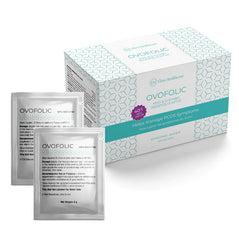

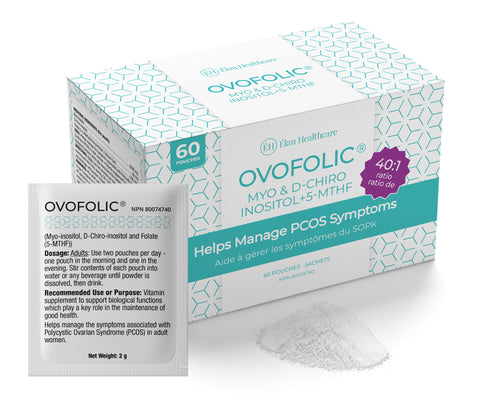
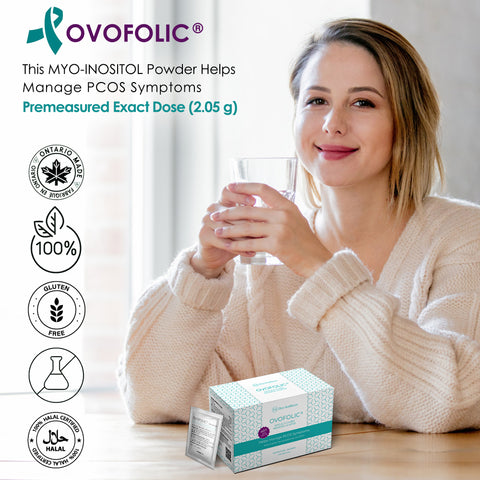
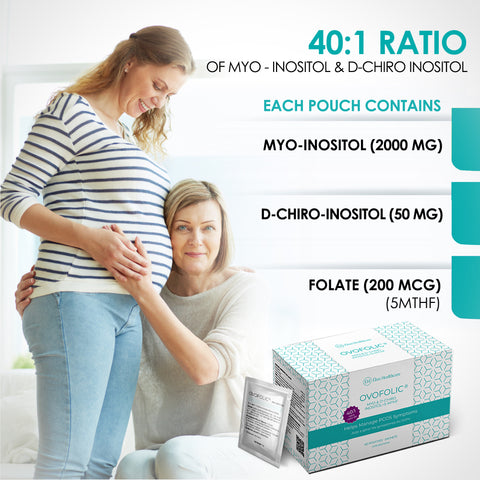

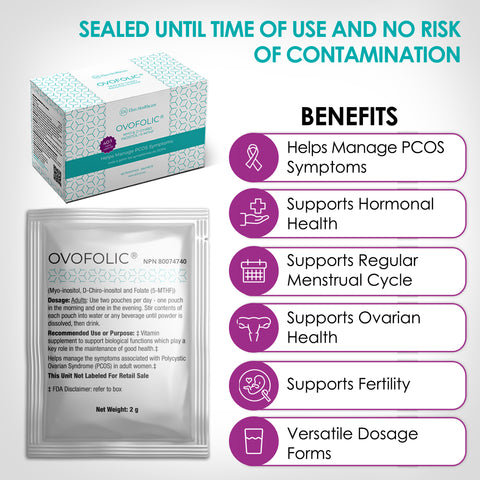
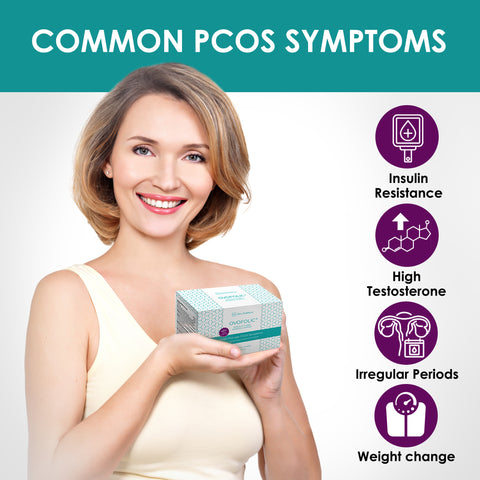
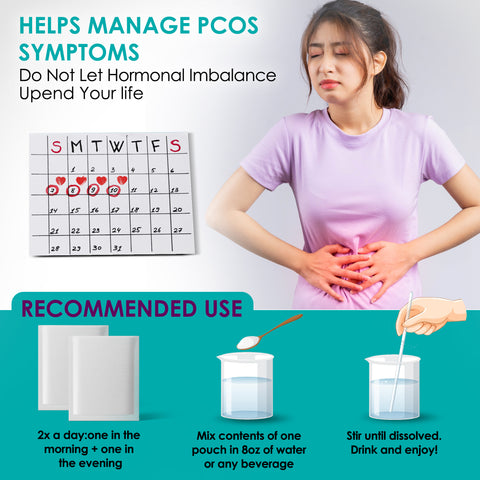
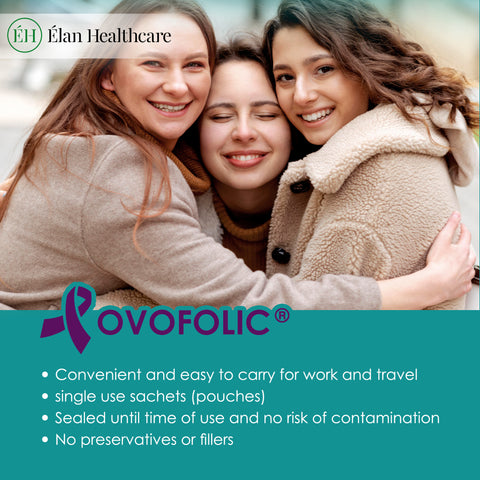
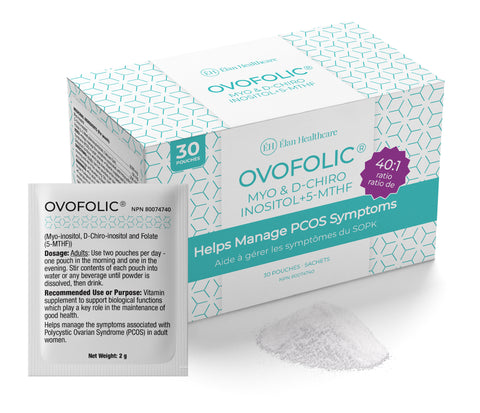










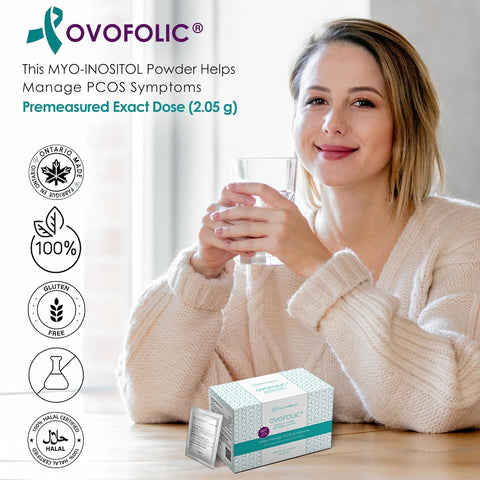
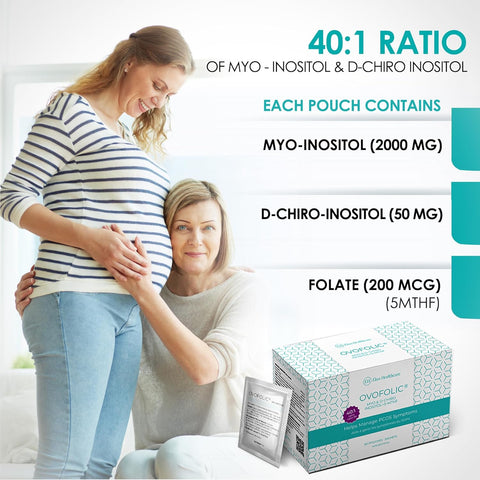

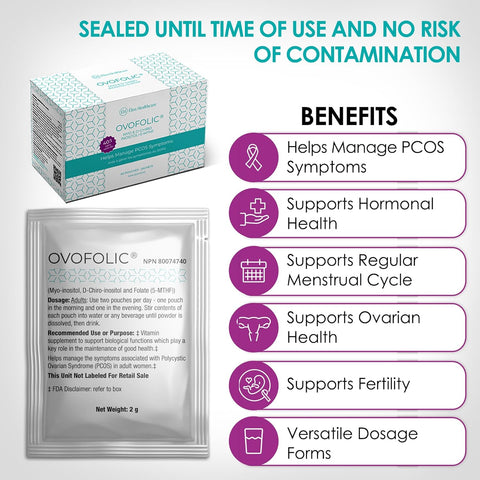
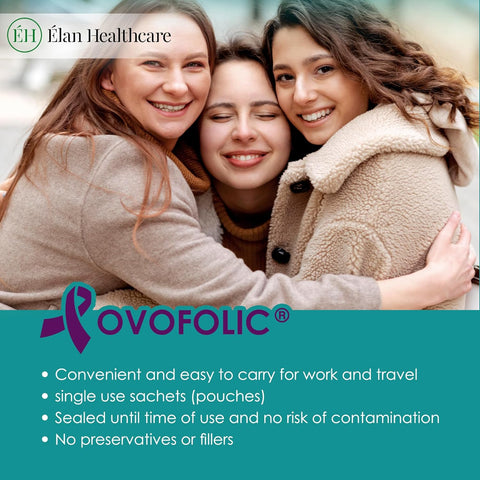
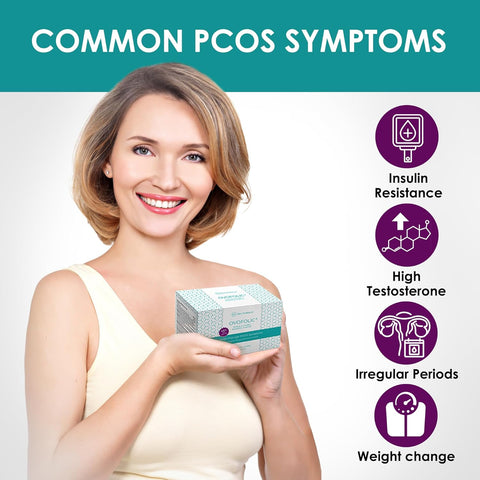
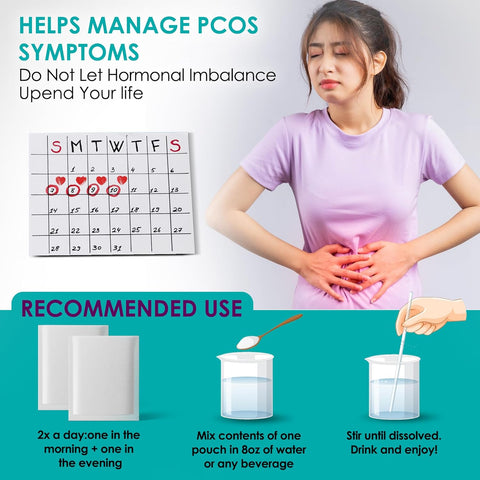


No comments yet.
There are no comments for this article. Be the first one to leave a message!
+ Open to leave a Comment